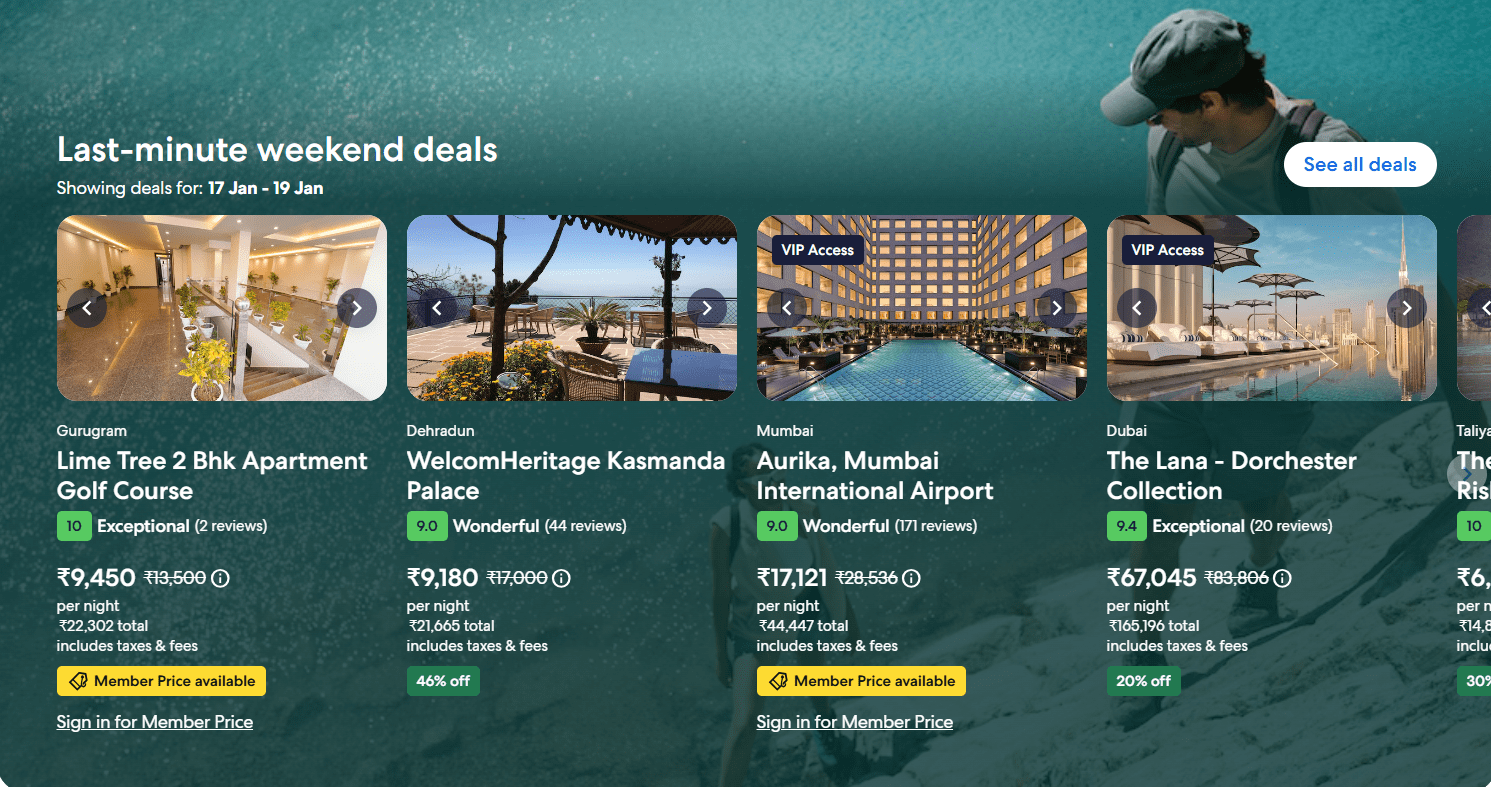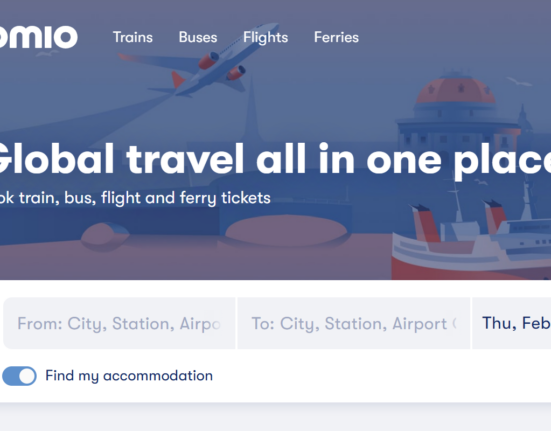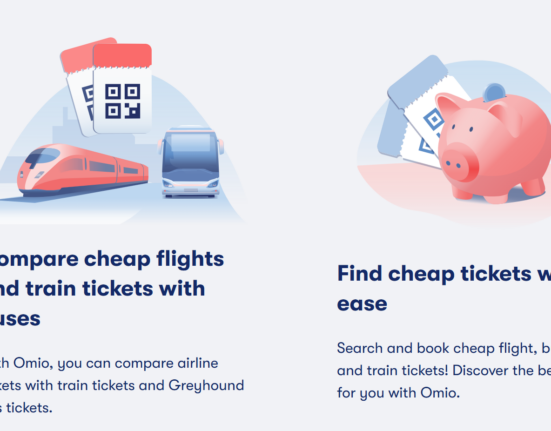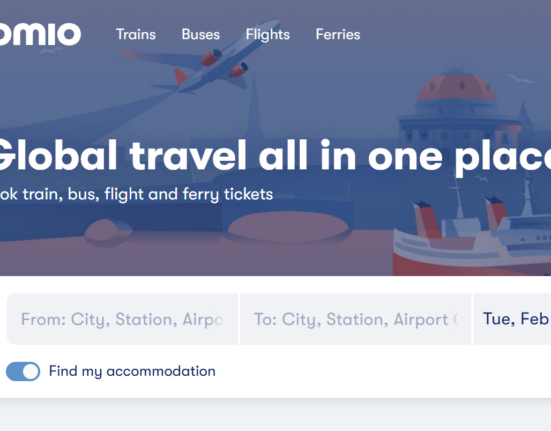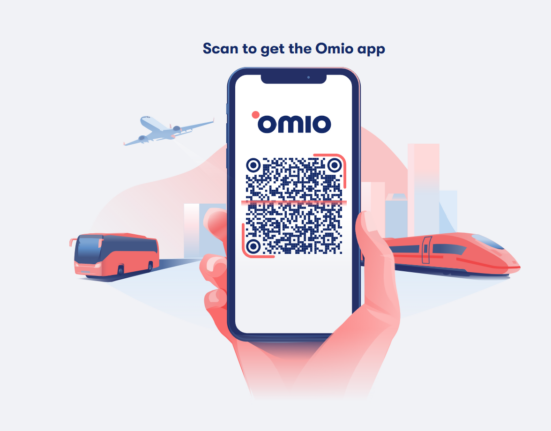Introduction to AI in the travel industry
The travel industry is undergoing a revolution, and at the heart of this transformation lies artificial intelligence. Picture yourself planning a trip where your preferences are intuitively understood, allowing for tailor-made recommendations that make every aspect of your journey seamless. This isn’t just wishful thinking; it’s happening now thanks to companies like Expedia.
AI technology is changing how we approach travel from booking flights to finding accommodations and even discovering local attractions. As travelers increasingly seek personalized experiences, AI steps in as an invaluable tool that enhances our adventures while relieving some of the stress associated with trip planning. Let’s dive into how Expedia harnesses this powerful technology to redefine your travel experience!
The role of AI in Expedia’s operations
AI plays a crucial role in Expedia’s operations, transforming how travelers plan and book their trips. Algorithms analyze vast amounts of data to offer personalized recommendations based on user preferences.
These intelligent systems can predict the best times to book flights or hotels, helping users save money. By understanding customer behavior, AI tailors search results that align with individual interests.
Expedia’s virtual assistants provide real-time support for any inquiries or changes during the travel process. They streamline communication and ensure assistance is just a message away.
Moreover, machine learning enhances fraud detection processes by constantly monitoring transactions for unusual patterns. This adds another layer of security and builds trust among customers.
With this integration of AI technology, Expedia continuously refines its offerings to deliver an efficient booking experience while meeting the evolving needs of modern travelers.
Examples of how AI has improved the customer experience on Expedia
Expedia has embraced AI to transform the way travelers plan their adventures. One standout feature is its personalized recommendations, which analyze user preferences and past bookings. This helps travelers discover options that truly resonate with their interests.
The virtual travel assistant, powered by AI, offers real-time support. Whether customers need help with booking changes or have questions about destinations, they receive instant assistance without long wait times.
AI chatbots also play a significant role. They engage users on the website and mobile app, guiding them through searches in a conversational manner. This interactive experience makes it easier to find what they’re looking for quickly.
Moreover, smart algorithms optimize pricing strategies. Travelers benefit from competitive rates tailored to specific needs and budgets—ensuring they get great deals without endless searching. Each of these advancements not only streamlines the process but enriches the overall travel experience significantly.

Potential concerns and limitations of AI in the travel industry
The integration of AI in the travel industry raises some valid concerns. One major issue is data privacy. Travelers often share sensitive personal information during bookings, and any misuse or breach could lead to significant repercussions.
Another concern revolves around the over-reliance on technology. While AI can provide recommendations and streamline processes, it may lack the human touch that many travelers desire. Automated responses might misinterpret a customer’s needs or preferences.
Additionally, there’s the risk of algorithmic bias affecting decisions like pricing or service offerings. This could unintentionally disadvantage certain groups of customers.
As AI systems become more complex, transparency becomes a challenge. Understanding how these algorithms make decisions isn’t always clear for consumers—leading to mistrust in automated services.
How other companies are utilizing AI in their travel services
Several travel companies are leveraging AI to enhance their services, each with unique approaches.
Airlines like Delta and United use AI for predictive maintenance. This technology helps identify potential aircraft issues before they become critical, ensuring safer flights and fewer delays.
Booking.com employs machine learning algorithms to personalize user experiences. By analyzing past searches and bookings, the platform delivers tailored recommendations that resonate with individual traveler preferences.
Hotels are also embracing AI chatbots. Marriott uses these bots for customer service inquiries, allowing guests to book rooms or ask questions at any time without waiting on hold.
Travel aggregators such as Kayak harness natural language processing in their search engines. This enables users to type queries in a conversational tone, simplifying the booking process significantly.
These advancements show how diverse applications of AI can reshape travel planning into a more efficient and enjoyable experience for everyone involved.
Future advancements and possibilities for AI in travel planning
The future of AI in travel planning is brimming with potential. Imagine personalized itineraries generated in real-time based on your mood or preferences. This level of customization could redefine how we experience travel.
AI-driven virtual assistants may become even smarter, anticipating needs before you express them. Picture a digital companion that suggests local activities while you’re exploring a new city.
Moreover, advancements in natural language processing will allow travelers to have seamless conversations with AI-powered platforms. Booking flights and accommodations might soon feel as easy as chatting with a friend.
Integration with wearable technology could also play a significant role. Smart devices could alert users about flight delays or suggest alternative routes instantly, making travel smoother than ever before.
As these innovations unfold, the landscape of the travel industry will shift dramatically, enhancing every step of the journey for travelers around the globe.
Conclusion: Embracing technology for a smoother travel experience
As the travel industry continues to evolve, embracing technology like artificial intelligence opens up new avenues for enhancing customer experiences. Expedia’s use of AI demonstrates how innovation can streamline trip planning, making it more efficient and personalized.
Travelers now have access to tailored recommendations that align with their preferences. The ability to predict trends and understand user behavior means better options are just a click away. Yet, it’s important to be mindful of potential concerns surrounding data privacy and reliance on technology.
Other companies in the travel sector are also tapping into AI’s capabilities. From chatbots providing instant support to predictive analytics helping travelers make informed decisions, these advancements create a rich landscape for exploration.
Looking ahead, the possibilities seem endless. We may soon see even smarter systems that offer seamless integration across platforms or advanced tools predicting travel disruptions before they happen.
Embracing this wave of technological change not only enhances our journeys but also empowers us as travelers in ways we’re only beginning to understand. With each step forward, planning trips can become less about stress and more about excitement—turning dreams into reality with ease.


